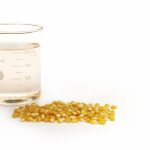Biofuels in Canada cannot be produced without a subsidy or a government order called a mandate. The Canadian and various provincial governments are again increasing biofuel mandates as a simple solution to the serious climate change crisis we face. But are biofuels the solution politicians claim? Biofuels sound good and with mandates they cost government













